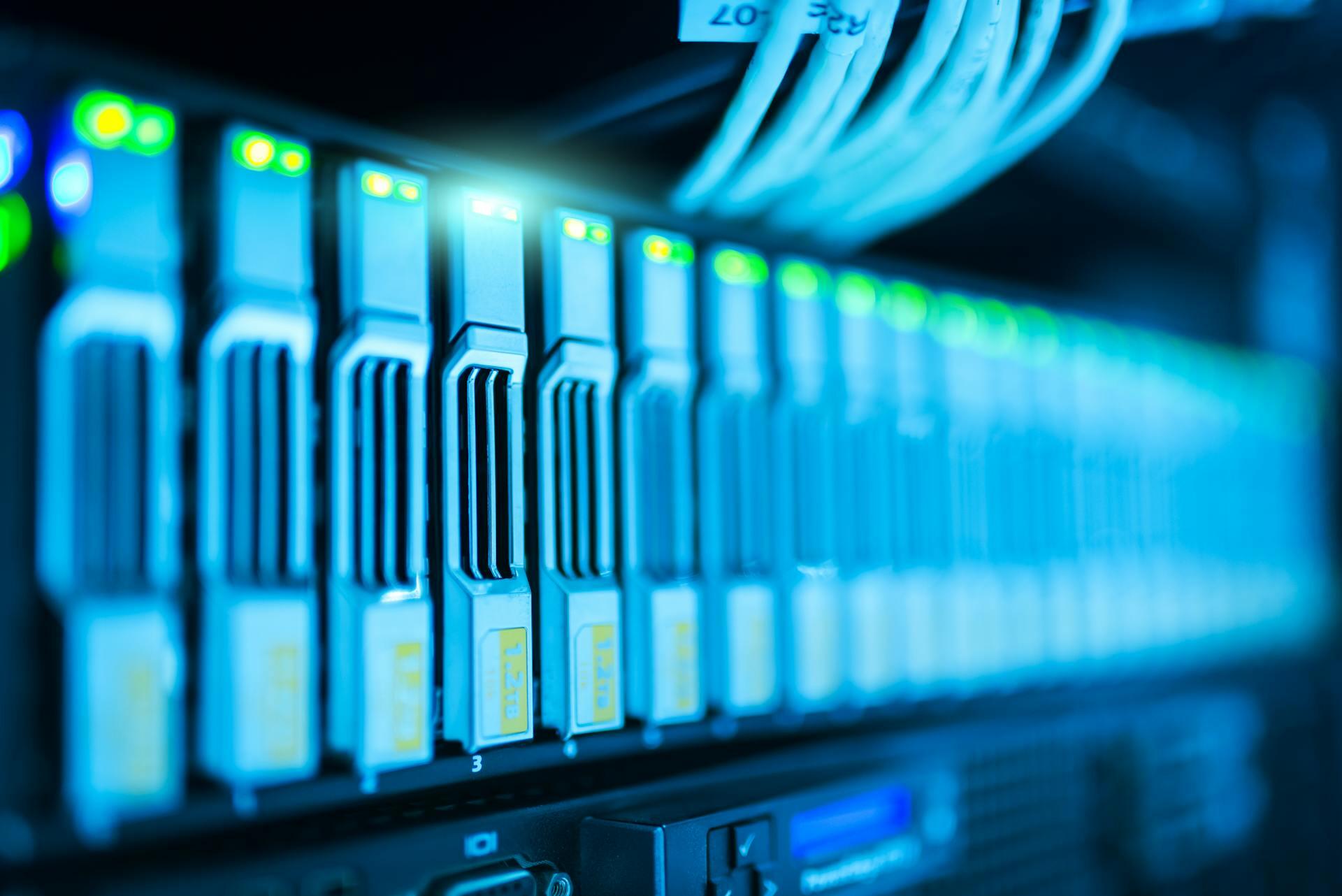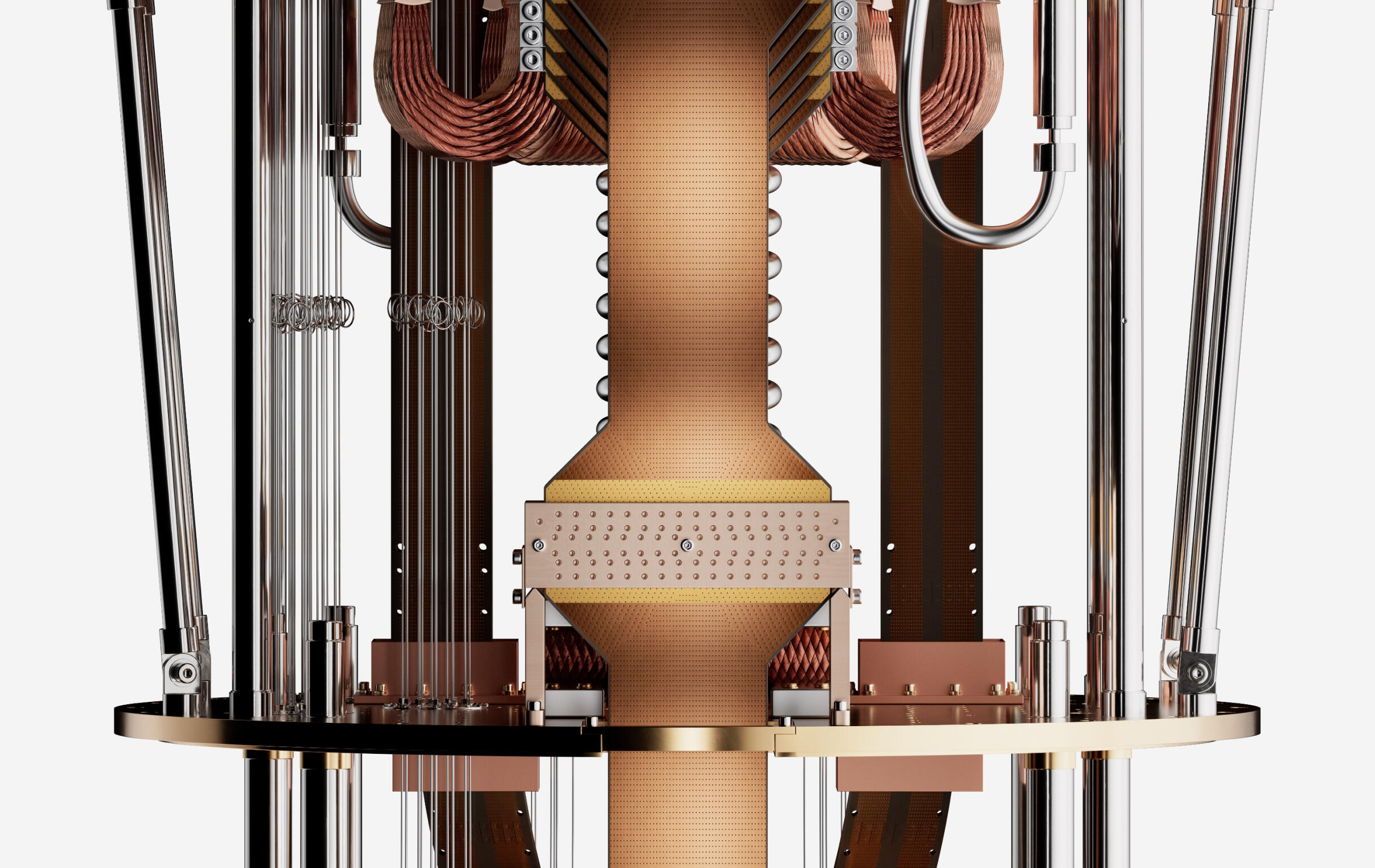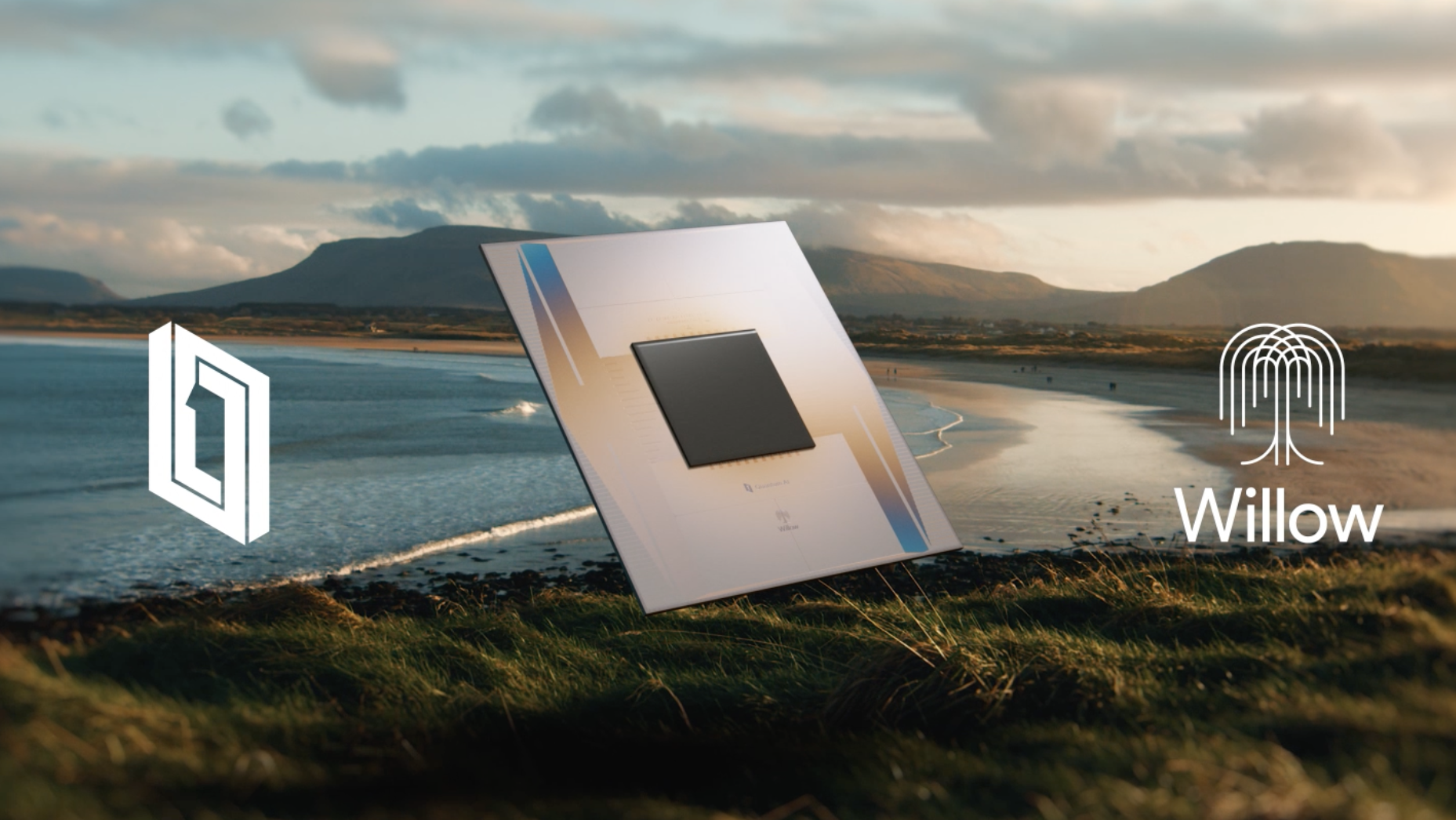Supercomputers are no longer fast enough. Quantum computers, capable of performing complex calculations far more quickly than traditional computers, have arrived.
The rapidly-growing sector saw its latest major breakthrough with the launch of Google’s Willow chip last month. “Willow performed a standard benchmark computation in under five minutes that would take one of today’s fastest supercomputers 10 septillion years — a number that vastly exceeds the age of the Universe,” said Google Quantum AI founder Hartmut Neven.
Commercial quantum computers have yet to hit the market, though Microsoft has promised one will arrive in 2025.
While it’s unclear what quantum computing’s immediate practical applications may be, scientists, companies, and governments alike are optimistic it can revolutionise technological progress.

What is quantum computing, and what is it for?
Quantum computing relies on the principles of quantum physics, where particles can exist in multiple states at once.
The smallest unit of data in standard computers is a bit, which will always have a value of 0 or 1. Quantum computers, however, use quantum bits — known as qubits — that represent both 0 and 1 simultaneously.
As qubits can represent multiple values at once, scientists, companies, and governments hope this can be used to rapidly calculate a large number of possible solutions to problems in a variety of fields. However, today's quantum computers can only function under certain conditions, including extremely cold temperatures.
“Quantum technologies will help us address the challenges we will face in the coming decades, like transitioning to net zero, discovering new drugs, and pioneering new treatments for disease,” Australia’s Industry and Science Minister Ed Husic said in November.
Chemicals, life sciences, finance, and mobility could be among the first sectors to be meaningfully impacted by quantum technology, a report by McKinsey found in April. These sectors could gain up to US$2 trillion by 2035.
Governments also hope to use quantum technology for military applications. The United States Department of Defense’s Defense Innovation Unit is seeking commercial partners to build quantum sensors for the Pentagon’s location services.
The Australian Department of Defence has launched its Quantum Technologies Research Network to assess potential uses for quantum technologies over the next three years.

Why is Google’s Willow significant?
A high number of qubits leaves a quantum computer more prone to errors. One way this has been approached is by building large processors capable of quantum error-correction, which spreads information across multiple qubits to create one logical qubit.
When using Google’s Willow chip, the error rate falls as the number of qubits increases, the company has said. According to Google, “this is the most convincing prototype for a scalable logical qubit built to date.”
Willow boasts 105 qubits.
“The next challenge for the field is to demonstrate a first ‘useful, beyond-classical’ computation on today's quantum chips that is relevant to a real-world application,” said Hartmut Neven. “We’re optimistic that the Willow generation of chips can help us achieve this goal.”
How competitive is the quantum computing sector?
Other major companies like Amazon, Microsoft, and IBM have also pushed forward on their quantum computing initiatives this year.
Microsoft and Atom Computing said in November that they plan to offer a commercially available quantum computer in 2025, with pre-orders already open.
“This offering is a comprehensive scientific suite that combines logical qubits, cloud HPC, and advanced AI models that, together, enable exploration across multiple fields, including chemistry and materials science, while also providing opportunities for skilling and education,” Microsoft vice president of advanced quantum development Krysta Svore said.
Amazon’s Braket platform hosts quantum computing through Amazon Web Services, offering access to quantum computers and development environments in partnership with chipmaker Nvidia.

IBM offers an open-source software development kit for quantum computers, known as Qiskit, and a quantum computer, Quantum Heron. “Advances across our hardware and Qiskit are enabling our users to build new algorithms in which advanced quantum and classical supercomputing resources can be knit together to combine their respective strengths,” said Jay Gambetta, IBM Quantum’s vice president.
Has quantum computing impacted politics?
Governments have also shown significant interest in quantum computing. The Australian Federal Government drastically outspent the private sector in quantum investment this year, according to the Department of Industry, Science and Resources.
Australia launched its National Quantum Strategy in May 2023, aiming to support the development of commercial quantum technology. The Australian quantum technology industry will be worth A$6 billion by 2045, the government projects.
China’s state-owned enterprises, such as China Telecom, have also been investing heavily in quantum computing. China Telecom partnered with QuantumCTek and the Chinese Academy of Sciences to produce a 504-qubit chip this month, the country’s first to pass 500 qubits.
The United States will limit American investment in Chinese quantum technology from January, alongside other advanced technologies like artificial intelligence. These technologies “are fundamental to the development of the next generation of military, surveillance, intelligence and certain cybersecurity applications,” said Assistant Secretary for Investment Security Paul Rosen.
